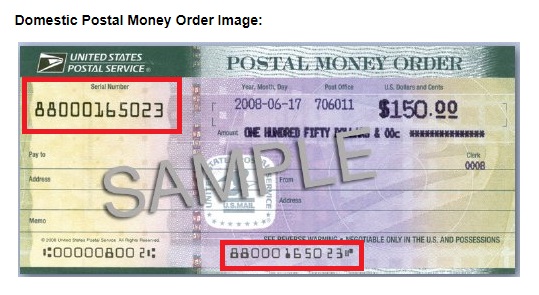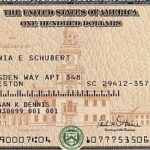Being an employee of a job is time-consuming since you have to put all your effort to do a great performance. However, receiving your wage is a way to work and improve more expecting the next payment. So, if you make great things continuously that benefit the business, your employer might give you a bonus check.
These bonuses are helpful to keep employees motivated because it is an extra payment that you can receive on top of your wage. But these rewards are also taxable, so a certain amount of the check is going to be taken from it.
Unfortunately, there is no way to avoid these taxes, but you could take action and use some strategies to minimize the taxes. So stay tuned as we are going to tell you the ways that you can pay less for taxes on your bonus check.
Calculating taxes on your bonus check
Contents
A bonus check is considered a supplemental wage, in other words, it is a payment not included in your usual wage. These can be severance pay, commission pay, overtime pay, etc. This means that not only your employer withholds some of the money from your paycheck for federal taxes, but your bonus too.
Your employer normally calculates the taxes that are going to be withheld, but if you want to know the exact amount, there are two ways:
The percentage method
This is one of the easy options for paying taxes, as your bonus check will have a subjected federal withholding. Simply put, if your bonus is lesser than $1 million, 22% of that money is going to be withheld and the remainder will be your payment.
However, if the bonus exceeds the $1 million mark, the tax rate increases to 37% for the money surpassed. Let us show an example, suppose you got a bonus check for $20,000 and you want to know the amount of federal tax.
Since this is below the $1 million mark, you just have to take 22% of that amount, leaving you with $4,400 that are going to be withheld and $15,600 is your remainder bonus.
Although, if your initial bonus was $2.4 million, you would have to take 22% for just $1 million and then take 37% for the rest of the money which is $1.4 million. Adding up the results, you would have a total of $738,000 withheld, leaving you with $1,662,000.
Keep in mind that you also have to pay for Medicare and Security taxes, with is a combined tax rate of 7.65%.
The aggregate method
This is a more complicated process not only for the employer but for you too. If your bonus is paid alongside your normal wage, then you have to use this method. To know your tax rate, you have to look online for the tax brackets and see where you fall in.
For example, receiving a bonus of $8,000 with your usual wage of $15,000 would rank up a total of $23,000. Now, you have to multiply that amount by 12 (your annual salary), and once you have the result, look in the brackets for the tax rate that applies for you, and in this case, is 35%.
➡LEARN MORE: Taxes on Social Security Benefits
Ways to reduce taxes on your bonus check
There are options that you could use to minimize your federal tax that comes with your bonuses. You just have to focus on two things, and those are:
Lower your gross income
One of the simple ways to do this is by contributing to a 401k plan or an individual retirement account (IRA). This will help you to pay less federal taxes in the future. Depending on the account, the limit on which you can contribute can vary; for 401k and IRA, it is $19,500 and $6,000 respectively.
Another option is to tell your employer to pay your bonus check at a later time, so once you receive your payment, you may be placed in a tax bracket with less income.
The final strategy is to contribute to your health savings account (HSA), in which the limit is $3,600 for an individual and $7,000 for families.
Increase your deductions
You want to focus on itemizing your deductions since they are helpful to decrease your adjusted gross income. One way to do so is to contribute to a charity, but there is a limit on how much you can offer, in this case, you can just put up to 50% of your AGI.
If that is not enough, think about paying unreimbursed medical expenses or your mortgage, that way you can minimize the taxes on your bonus check in the future.






